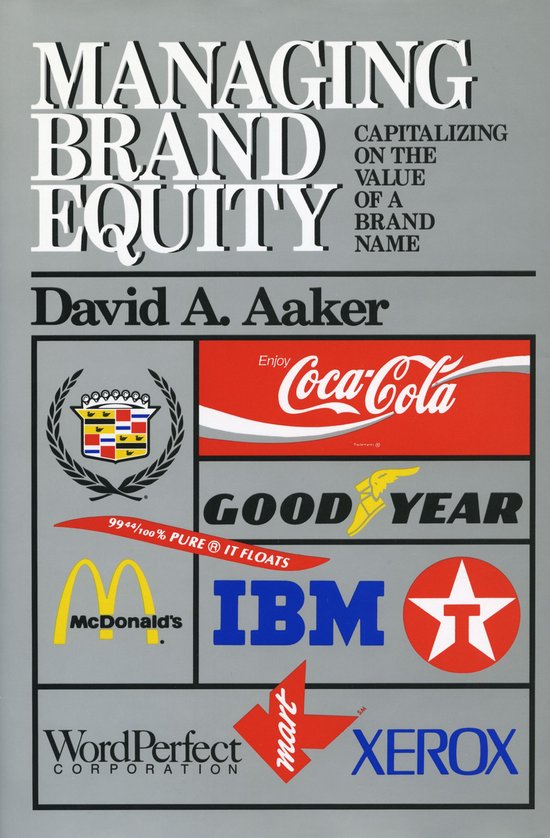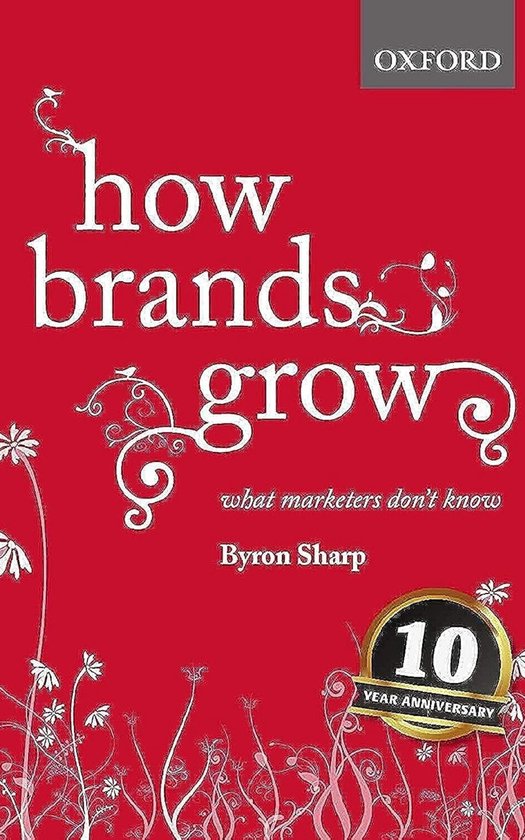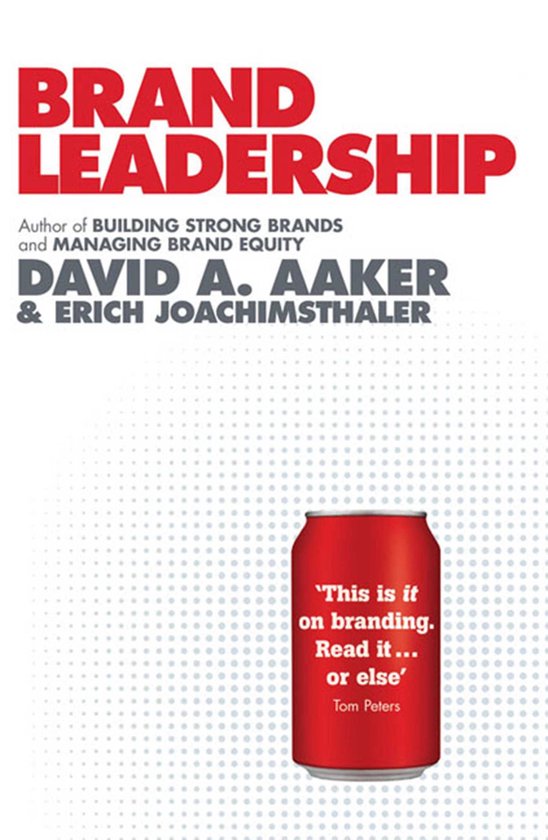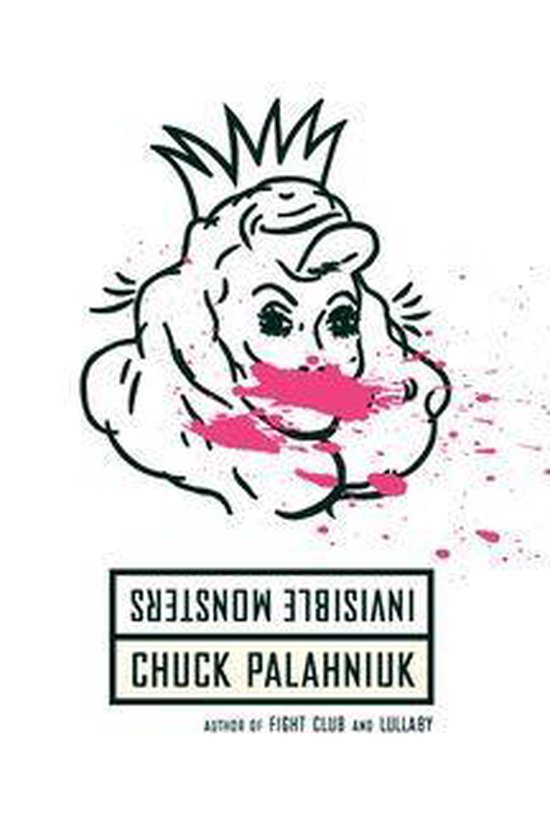
Managing Brand Equity
An examination of the phenomenon of brand equity, providing a structure of the relationship between a brand and its symbol and slogan, as well as each of the five underlying assets: company name; brands, symbols and slogans; perceived quality; name awareness; and customer base.
The most important assets of any business are intangible: its company name, brands, symbols and slogans and their underlying association, perceived quality, name awareness, and customer base. These assets, which comprise brand equity, are a primary source of competitive advantage and future earnings, contends David Aaker, a national authority on branding. Yet, research shows that managers cannot identify with confidence their brand associations, level of consumer awareness, or degree of customer loyalty. Moreover, in the last decade, managers desperate for short-term financial results have often unwittingly damaged their brands through price promotions and unwise brand extensions, causing irreversible deterioration of the value of the brand name. In an examination of the phenomenon of brand equity, Aaker provides a structure of the relationship between a brand and its symbol and slogan, as well as each of the five underlying assets, which will clarify for managers exactly how brand equity does contribute value. The author opens each chapter with an historical analysis of either the success or failure of a particular company's attempt at building brand equity: the fascinating ivory soap story; the transformation of Datsun to Nissan; the decline of Schlitz beer; the making of the Ford Taurus; and others. Finally, with dozens of additional real company examples, Aaker shows how to avoid the temptation to place short-term performance before the health of the brand and, instead, to manage brands strategically by creating, developing, and exploiting each of the five assets in turn.
The most important assets of any business are intangible: its company name, brands, symbols and slogans and their underlying association, perceived quality, name awareness, and customer base. These assets, which comprise brand equity, are a primary source of competitive advantage and future earnings, contends David Aaker, a national authority on branding. Yet, research shows that managers cannot identify with confidence their brand associations, level of consumer awareness, or degree of customer loyalty. Moreover, in the last decade, managers desperate for short-term financial results have often unwittingly damaged their brands through price promotions and unwise brand extensions, causing irreversible deterioration of the value of the brand name. In an examination of the phenomenon of brand equity, Aaker provides a structure of the relationship between a brand and its symbol and slogan, as well as each of the five underlying assets, which will clarify for managers exactly how brand equity does contribute value. The author opens each chapter with an historical analysis of either the success or failure of a particular company's attempt at building brand equity: the fascinating ivory soap story; the transformation of Datsun to Nissan; the decline of Schlitz beer; the making of the Ford Taurus; and others. Finally, with dozens of additional real company examples, Aaker shows how to avoid the temptation to place short-term performance before the health of the brand and, instead, to manage brands strategically by creating, developing, and exploiting each of the five assets in turn.
| Auteur | | David A. Aaker |
| Taal | | Engels |
| Type | | Hardcover |
| Categorie | | Managementboeken |




